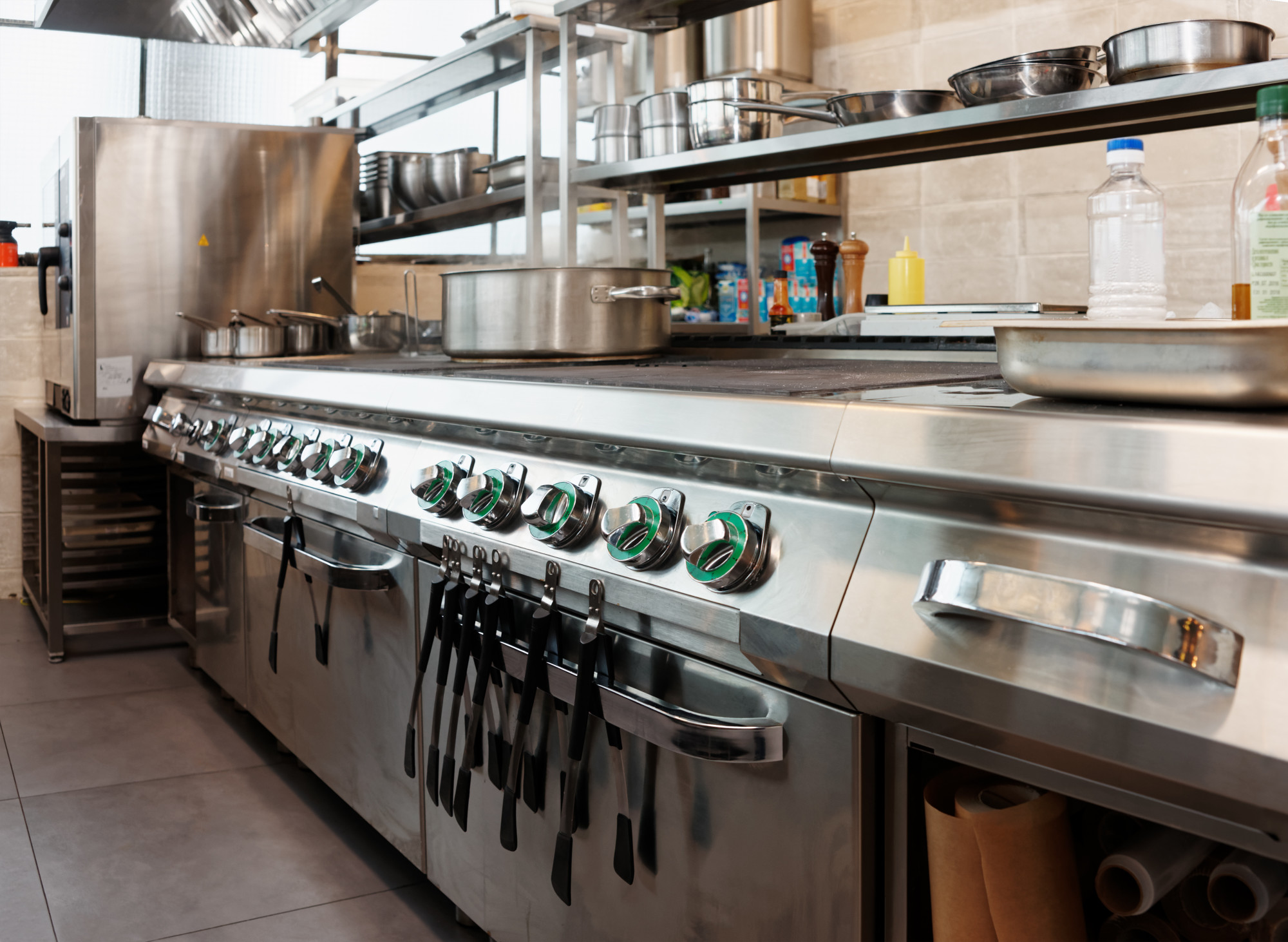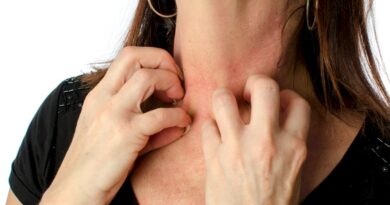Commercial Kitchen Food Safety: A Matter of Life or Death
Did you know compromised food causes 600 million cases of foodborne illness worldwide each year? Hundreds of thousands of people die. Even worse is that most of these illnesses are preventable.
If you own or work in a restaurant, it’s important you know and enforce food safety guidelines in your commercial kitchen.
It’s a matter of life and death.
Keep reading for information about commercial kitchen food safety here.
Before Work
Before your employees start work each day, ask them how they’re feeling. Many people come to work sick because they don’t want to miss a day of work.
One survey in the U.S. found that 5% of employees worked even with symptoms of vomiting and diarrhea. These symptoms are easily passed through food preparation.
Don’t let employees work if they’re sick.
Gloves
Wearing gloves is an important part of food prep. When an employee touches raw chicken or meat, he needs to change the gloves before touching other food ingredients.
Provide lots of boxes of disposable gloves. Even with gloves, the next point is crucial…
Importance of Hand-Washing
Food prep workers must wash their hands on a regular basis. Even if they’ve been wearing gloves. Clean hands also prevent bacteria from reaching the food.
Teach your employees proper hand-washing methods. Rinsing them quickly under running water does not remove bacteria.
Use soap and water and rub the hands together for at least 20 seconds before rinsing.
Counter Cleanliness
Sanitize all counter and food prep surfaces on a continual basis. This includes cutting boards, cooking equipment, knives, utensils, trash cans, and storage areas.
Sanitizing prevents bacteria from adhering to surfaces and then spreading. It also keeps common pests, like cockroaches, under control. Pests spread bacteria such as Listeria and Salmonella.
Wash Vegetables and Fruits
Fruits and vegetables sometimes harbor bacteria from the picking and packaging process. Even fresh fruits and vegetables from a local farmer’s market may have bacteria.
Food prep workers must wash their hands first and then wash the produce. Designate a specific station for washing produce and make sure it’s always clean. You can read more about washing produce and food safety tips here.
Store Foods at Safe Temperatures
Proper food storage is crucial for commercial kitchen food safety. Store cold foods below 41 degrees Fahrenheit (F) and hot foods at 140 degrees F or higher.
Foods at temperatures between 41 and 135 degrees F are in the danger zone. Never leave foods in the danger zone for more than two hours.
Commercial Kitchen Food Safety Is Crucial for Restaurant Success
Commercial kitchen food safety is your top priority for keeping your patrons safe and healthy. Following the safety tips keeps you and your employees safe too.
Never let employees work when they’re sick, and teach proper hand-washing and glove-use measures.
Sanitize all food surfaces and equipment and wash all produce in a designated area.
Always store your food at safe temperatures and out of the danger zone. Follow these safety guidelines and then let your restaurant’s reputation speak for itself!
Was this helpful? Find more like it on the blog!



